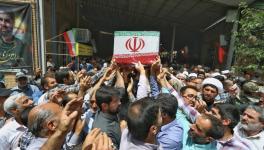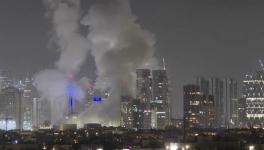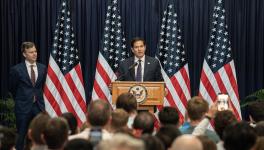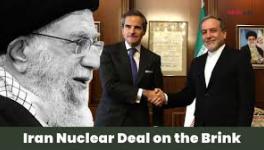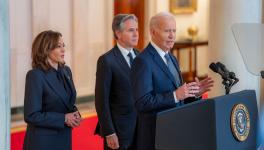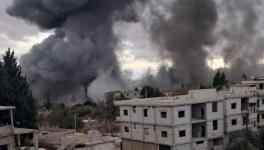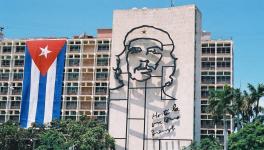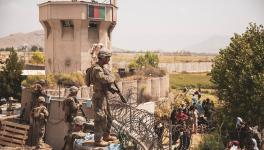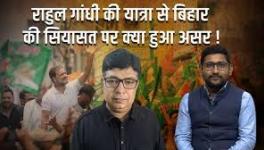Talks 'Intensify' on Bringing US Back to Iran Nuclear Deal
Vienna: World powers held a fourth round of high-level talks on Friday in Austria aimed at bringing the United States back into the nuclear deal with Iran, with both sides signalling a willingness to work out the major stumbling blocks.
The talks began in early April and Russian delegate Mikhail Ulyanov tweeted following Friday's meeting that “the participants agreed on the need to intensify the process.”
“The delegations seem to be ready to stay in Vienna as long as necessary to achieve the goal,” he wrote.
The US pulled out of the landmark 2015 deal in 2018 after then-President Donald Trump said the pact needed to be renegotiated. The deal had promised Iran economic incentives in exchange for curbs on its nuclear programme, and the Trump administration re-imposed heavy sanctions on the Islamic republic in an unsuccessful attempt to
bring Tehran into new talks.
Iran reacted by steadily increasing its violations of the deal, which is intended to prevent the country from obtaining nuclear weapons. Iran began enriching uranium to a greater purity, stockpiling more than allowed and beginning to use more advanced centrifuges in an attempt to pressure the world powers remaining in the deal — Germany, France, Britain, Russia and China — for economic relief.
US President Joe Biden says he wants to rejoin the deal, known as the Joint Comprehensive Plan of Action, or JCPOA, but that Iran needs to return to compliance.
Iran, which insists it does not want to produce a nuclear bomb, has said it is prepared to reverse all of its violations but that Washington must remove all sanctions imposed under Trump.
On the other side is the question of what Iran's return to compliance would look like. Delegates to the Vienna talks concede, for example, that Iranian nuclear scientists cannot unlearn the knowledge they acquired in the last three years, but it is not clear whether Iran's new centrifuges would need to be destroyed, mothballed and locked
away, or simply taken offline.
Because the US is currently out of the deal, there was no American representation at the talks. Diplomats involved are shuttling between the Iranian side and a delegation from Washington elsewhere in Vienna.
Between the high-level meetings, expert groups have been meeting totry and come up with solutions to the outstanding issues.
Ahead of the talks, a senior US official, speaking on condition of anonymity to discuss the US position, said Washington has laid out the concessions it's prepared to make and that success or failure now depends on Iran making the political decision to accept those concessions and to return to compliance with the accord.
The official said it remains possible to reach an agreement before Iran's June presidential election, which some believe are a complicating factor in the discussions.
Iran's delegate to the talks, Deputy Foreign Minister Abbas Araghchi, told his country's state-run IRNA news agency late Thursday that his team was trying to reach an agreement as soon as possible but would not act in haste and would act in Iran's national interests.
“We are on a specified path about which there are, fortunately, agreements, but there are serious obstacles in the way as well," Araghchi said.
Heading into the talks, Ulyanov tweeted that he saw positive signs from the Iranian minister's statements.
“The head of the Iranian delegation is cautious in his assessment of the current state of affairs at the Vienna talks (very similar to assessments of the US colleagues),” he tweeted. “But both #Iran and #US refrain from pessimistic conclusions. This seems to be not a bad sign.”
Get the latest reports & analysis with people's perspective on Protests, movements & deep analytical videos, discussions of the current affairs in your Telegram app. Subscribe to NewsClick's Telegram channel & get Real-Time updates on stories, as they get published on our website.









